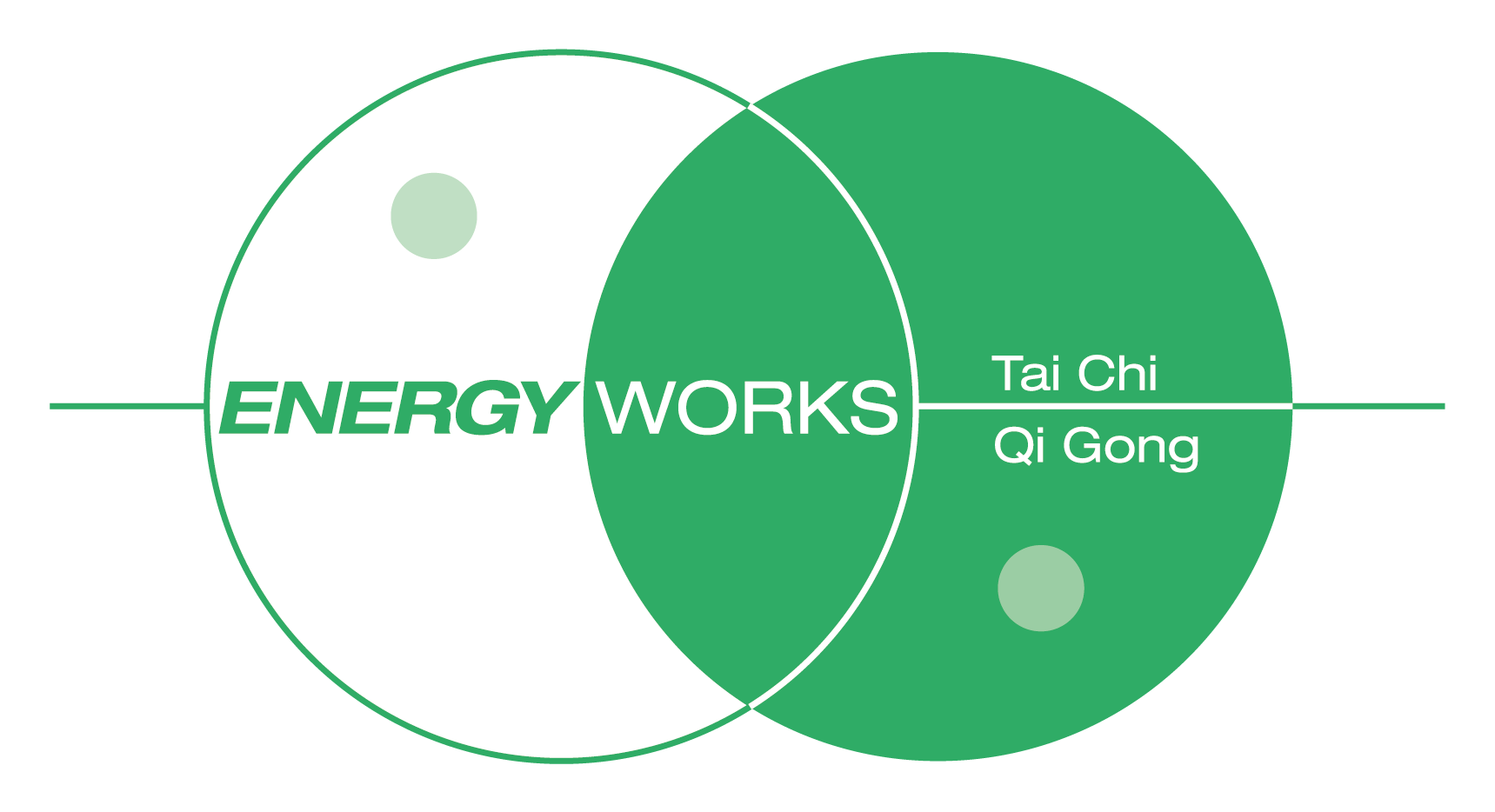What can I expect?
These internal systems offer a straight-forward approach with practical tools, techniques and universal guiding principles to improve your life.
For your body
You will learn practices which will develop a more hydraulic quality to your joints, and where you move more as connected elastic web.
You will learn how to release chronic contracted muscle tension, allowing for more vibrant and connected movement, and by using your natural energetic pathways you will develop a more comfortable body which moves easily
You will develop a better natural alignment with gravity, which will result in better physical balance and a natural and comfortable walking gait.
For your mind
You will learn conscious breathing practices which will bring you into resonance with your body’s natural intelligence and rhythms and healing qualities.
You will learn how your mind can fully focus on your entire body as you move, cultivating thought free movement whilst maintaining an everyday background stillness.
For your body and your mind.
With a practical, experiential learning approach these classes are designed to awaken your feeling sense perception and your ability to powerfully work with energy.
You will awaken your feeling senses, develop your energy skills, deepen your awareness and connection to energy within yourself and your environment, begin a process of personal healing and transformation, and connect to your full potential.
I value these goals but how can I make space in my life to make this a reality?
If you have already tried various ways to keep your mind and body fit and healthy and still failed to establish a regular routine, here are the most important tips to help.
- Practicing with a group of people greatly increases your likelihood of continuing with any new routine.
- Weekly classes establish a regular practice time and space, which is one of the key components to establishing any new routine.
- Creating a new social hub where you meet new friends with a common interest is one of the biggest “nudges” to maintaining any new routine.
- A quiet relaxed commitment to do your part in keeping yourself healthy and well balanced is the biggest positive to enjoying your days as you get older.
- You need to find what you do enjoyable. If you want to be calmer, move more comfortably and smile more, then a boot camp approach is never going to work for you.
- Enjoying the journey is more important than end-gaining, the Tortoise beats the Hare every time.
More importantly, drop the need for instant results or changes, you already know that anything worthwhile takes some time, so cut yourself some slack make yourself a quite commitment and give it the focus and attention you deserve.
